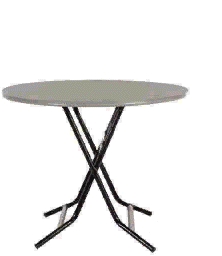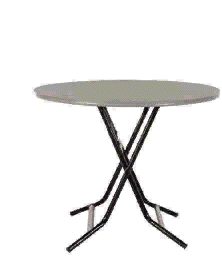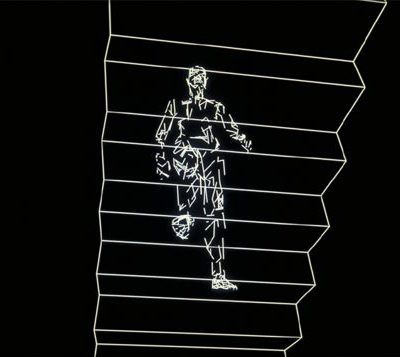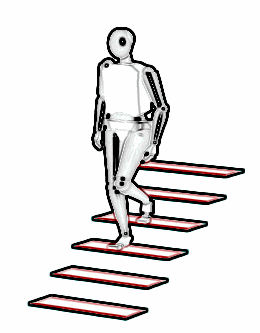


hat tips stefan and ivymeadows
Speaking of quitting Facebook, here are a couple of blog posts from one who did, programmer/entrepeneur Barry Hoggard:
Article in PC World on Facebook privacy
I deleted my Facebook account today
These posts are chockablock with links to other articles about how unbelievably bad Facebook is, if you care about your privacy at all. Hoggard, as someone who joined in '07 and quit after three years, has more authority than those of us who never signed up, who could be written off as "old" and/or web-inept by the terminally thick. But allow me to lecture you anyway: even before the site blew open all its privacy doors it sounded iffy, as in, all these people saying "We're getting a Facebook group together to save Indonesian hardwoods"--what guarantee did they have that their personal data wasn't being "shared" with the International Mahogany Trade Association and Death Squad? The idea of taking your politics to a glorified dating site always seemed incredibly naive. And as for artists uploading all their creative work to a site that was going to (a) convert it to crappy jpegs and (b) keep it forever on servers beyond your control, excuse me, but: Dorks R Us.
These days as we surf around the net every site screams at us to "like" this and "reblog" that. Pages load slowly, groaning as they collect all the packets for embedded media, ads, feeds, and interactive widgets. In the place of blog posts we find teasers--carefully crafted headlines and lead sentences that entice us to click through for a story that may or may not be interesting. The people we used to read now talk to us on TV screens. The Huffington Post gives us a range of reactions we can click for its stories (except it is missing "sux").
And then there's the blog you are reading, a throwback to a web few actually ever saw (post dotcom, pre social media) consisting of writing, pictures, a few links, some horizontal lines, and a "logo." The text may overdramatize and the pics may be blingy but at least they don't have to compete with the rest of the page. If you're reading this on RSS it looks pretty much like it does in its native element, depending on how much design paraphernalia surrounds your feed info. Am coming up on ten years of doing this (Feb 2011) and feel very little itch to change, despite peer pressure to join the ZuckerBorg. (Some non-fans have made digs that I can't "figure out how to use Facebook"--in your dreams, assholes.)


left: rebecca allen, still from The Catherine Wheel performance film (1982); right: stair guy posted to dump.fm by unicorngirl
see also stair guy vs stair kid
It's good to understand Nick Denton's priorities:
TMZ's growth was built upon three gigantic stories: Mel Gibson's meltdown; Michael Richards' racist outburst; and Michael Jackson's death.
We learned our lesson: aggressive news-mongering trumps satirical blogging. Gawker.com's growth since 2008 — from 300,000 people a week in the US to 1.4m — came in steps. After each story-driven spike — Tom Cruise's Scientology pitch video, Montauk Monster, Eric Dane's hot-tub non-orgy, iPad security breach, Christine O'Donnell's Halloween sleepover, etc — the audience settled back down, but at a higher level. The same pattern holds for Deadspin, which has ridden a sensational series of scoops culminating in the revelation that Brett Favre had stalked a buxom sideline reporter.
Not that you thought Gawker was anything but tabloid hackery but now it will be tabloid hackery that de-emphasizes blogging, as explained in this stunning blueprint of the modern internet.
hat tip double drat